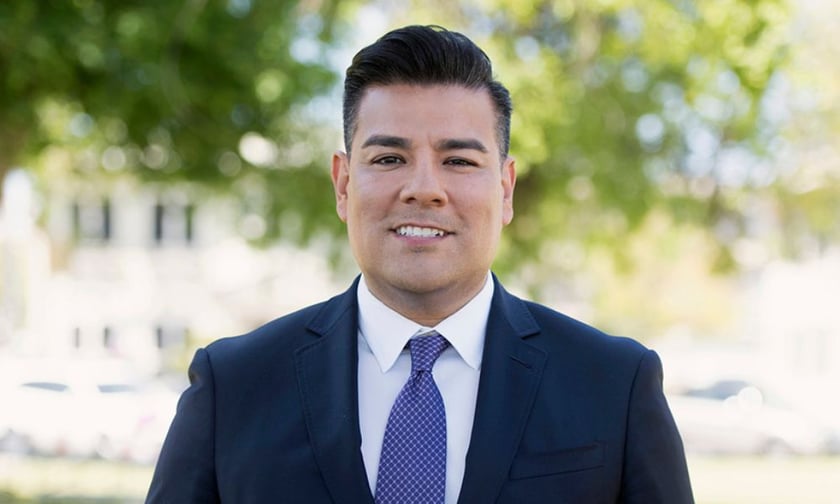

The California Assembly has passed the FAIR Plan Stabilization Act (Assembly Bill 226) in a unanimous 72-0 vote, moving the measure to the state senate, where it has been read and referred to the Committee on Rules for assignment.
The bill, sponsored by Assemblymember Lisa Calderon (D-District 56), would authorize the California FAIR Plan to access additional financial capacity through the issuance of bonds or the establishment of a line of credit. The legislation follows a recent $1 billion assessment issued by the FAIR Plan.
Calderon, who also chairs the Assembly’s Insurance Committee, said the bill is intended to stabilize the FAIR Plan by allowing it to spread costs over time through bond financing. She said this would help prevent sudden insurer assessments that could otherwise lead to premium increases or financial strain for smaller insurers.
Assembly Bill 226 has also been identified as a priority for Assembly Speaker Robert Rivas, who said the legislation would help the state recover more quickly from natural disasters and provide critical support for consumers across California.
Established five decades ago, the California FAIR Plan was created to provide insurance coverage to residents who cannot obtain it through the admitted or surplus lines markets.
The California Department of Insurance (CDI) said the program remains an essential resource for homeowners, particularly in areas facing higher wildfire risk.
FAIR Plans exist in several states across the US, each designed to serve as insurers of last resort for high-risk properties. While the fundamental purpose is consistent—to provide access to insurance for those unable to obtain it through the private market – the structure and governance can vary.
Notably, California's FAIR Plan has faced criticism for its lack of transparency compared to counterparts in other states. An audit by the CDI highlighted that the California FAIR Plan is more secretive than similar plans elsewhere, with directives issued to increase transparency and accountability.
The plan's financial capacity has been questioned, especially following significant wildfire events. For instance, after the January 2025 Palisades Fire, the FAIR Plan estimated coverage for 22% of the affected structures, with potential exposure upwards of $4 billion.
However, as of Jan. 10, it had only $377 million available to pay out claims, in addition to $5.75 billion in reinsurance. This shortfall raised concerns about potential surcharges on all California homeowners to cover deficits.
Insurance Commissioner Ricardo Lara (pictured above) said he is sponsoring the bill as part of broader efforts to strengthen the FAIR Plan’s financial position. Lara noted that the authority to pursue a line of credit would help buffer the Plan from the financial effects of future disasters and lessen the cost impact on policyholders.
What are your thoughts on this story? Please feel free to share your comments below.
